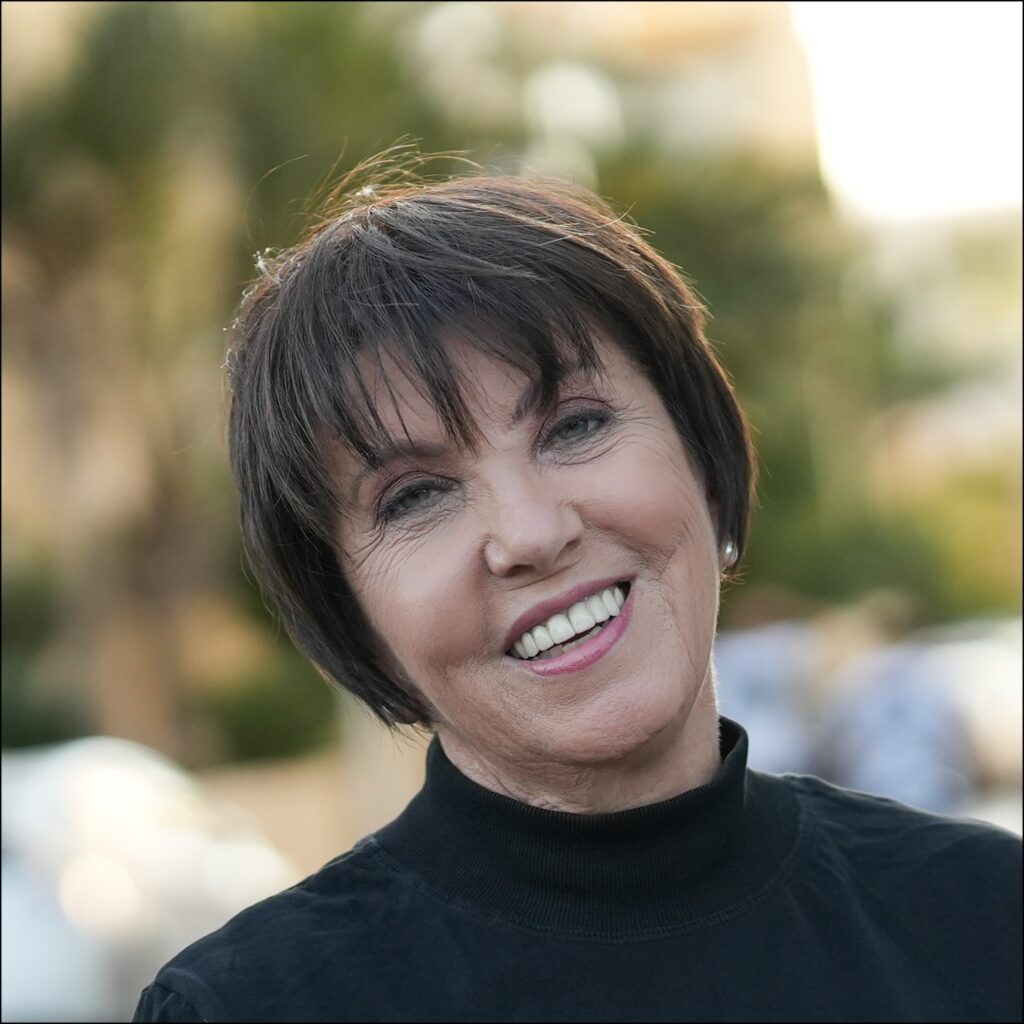
Zehava Galon
Zehava Galon, former leader of Meretz, is known for her parliamentary and public activism in her struggle for human rights, women’s rights, minority rights, marginalized and oppressed sectors, and the end of the occupation. During her tenure, among other roles, she served as the CEO and founder of the “B’Tselem” organization for human rights in the territories. Over the course of nearly four decades of rich public and political activity, Galon has established herself as a symbol of democracy, human rights, and peace.
Galon has been awarded numerous prizes in recognition of her public activity, including the President’s Award for combating human trafficking, the President Carter Award on behalf of “B’Tselem”, the Champion of the Movement for quality governance, the Order of Valor for her social justice advocacy, the Order of the LGBT Community for her work towards rights equality, the President’s Award for combating human trafficking, the Mahatma Gandhi Peace Prize, , and the American Council of Jewish Women Award for her work in advancing women’s rights. Galon has been repeatedly elected to influential positions in the Israeli economy.
Galon served as a member of the Knesset (Israeli parliament) for 16 years, including six years as the leader of Meretz. Upon retiring from politics in May 2020, she founded the Zulat Institute, which aims to promote policies of equality and human rights and restore the legitimacy of the human rights discourse in Israel. In the recent elections of 2022, she stepped down from her position at Zulat, following numerous requests from many Meretz members to lead the party in an election where Meretz did not pass the electoral threshold. After the elections, Galon resumed her civic engagement as the president of Zulat.
Born in 1956, Galon immigrated to Israel from Brno, Czechoslovakia at the age of 4. She is married, mother of two and grandmother of six. She holds a B.E.D. degree in special education from Beit Berl College, an M.A. in philosophy of education from the Hebrew University, and completed doctoral studies in gender at Bar-Ilan University (without submitting a research thesis).
I have been taking part in public/political struggles in Israel all my adult life. Therefore, I know that despite the establishment of the most religious, racist, and corrupt government this country has ever had, led by Binyamin Netanyahu, we cannot afford to lose heart. Despair is very easy, but when you despair you cede the battlefield to the rival. And, the rival does not despair; it brims with energy and motivation.
A massive mind-engineering apparatus has been drilling into our heads that the battle is lost and that waging a struggle is pointless. However, we need only raise our heads and look around to see how this is totally unfounded. Democracies progressed and grew stronger in defiance of powerful rulers thanks to determined liberals and progressives who did not give up in circumstances much worse than ours.
That is why I decided to establish Zulat, a research institute that seeks to promote the protection of equality and human rights in Israel. We aim to identify and correct problems and injustices through research and policy proposals, to participate in the policymaking discussions of public bodies and in the public discourse. In the current situation, change cannot come solely from the Knesset – and I say this as someone who was Member of Knesset for 16 years. Even before the establishment of the Netanyahu-led government, the opposition in the Knesset was one of the weakest in the democratic world. Still, we have no right to give up on the Knesset, and therefore we must act from within civil society to force it to recognize reality, and then to change it.
This is what the conservative camp has long been doing. It set up research institutes and think tanks, the most prominent of which is Kohelet Forum, whose goal ishas been to implant a conservative-reactionary vision in the minds of MKs, ministers, and government officials. For too long we neglected this arena, which is why their voice has grown louder and ours weaker.
At Zulat, we believe that language shapes reality, that the current order should be rejected, and that we should do our best to disrupt it. To this end, we must first and foremost remind our supporters that despair is not an agenda or a divine decree. We deserve more, and we can achieve more. The new government causes Israelis to fear for their rights, whereas we will remind them that these rights are anchored and guaranteed in the Declaration of Independence, which we will put back in the public arena. The public debate we will instigate will form the basis for the legislation of a series of constitutional laws that guarantee human rights. Eventually, after a Sisyphean struggle, this debate will enable us to resume the mission aborted by the first Knesset and to anchor human rights in an egalitarian and pluralistic constitution that will secure national and civil equality, so that basic rights are no longer putty in the hands of a random coalition.
All this seems a pipedream now, when evil forces are threatening our rights. Nevertheless, we will insist that all rights are connected and interdependent. Freedoms can hardly find expression if universal, private, collective, and basic social rights are not protected.
Zulat has undertaken a challenging task: to convince Israel’s influencers, many of whom have become addicted to despair and to echoing it, that a different future is possible. It is a tough job, but not an impossible one. I was born in the Soviet Union, a country that no longer exists, which may have been the worst dictatorship in human history and surely one of the most murderous ones. In 1985 US Intelligence assessed that it would still be around in the following decades, but it collapsed in 1989 and was officially pronounced dead in 1991. No one saw it coming, and yet today the USSR is a distant memory.
If this colossal change was possible, then the overthrow of the Netanyahu-Ben-Gvir government is just as feasible. You and I will change the world, as the Israeli song goes. We will go through a rough patch, but in the end we will prevail. We can, and must, give the next generation a better world. It is in our hands to do it. Do not despair! To paraphrase Napoleon, reject despair and it will shift to your rivals.
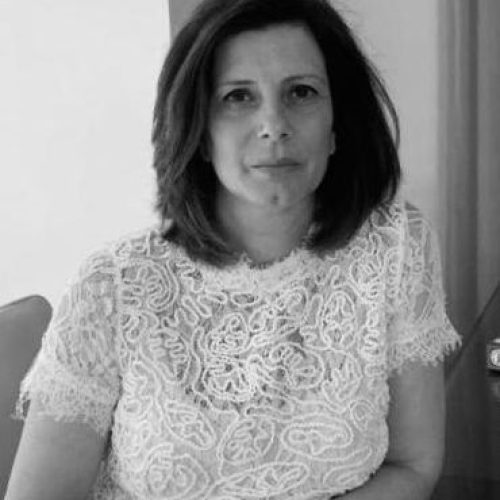
Senior Lecturer in the Department of Sociology and Anthropology, Ben-Gurion University of the Negev. She holds a Ph.D. in Sociology from Tel Aviv University (2015), a postdoctoral fellowship at the Center for Gender Studies, SOAS, University of London (2015-2016), a postdoctoral fellowship in the Department of Sociology at Tel Aviv University (2016-2017), and a postdoctoral fellowship Ph.D. at the Humphrey Institute for Social Research, Ben-Gurion University of the Negev (2018-2020).
Dr. Maha Karbahi’s areas of interest focus on the connection between social change, family behavior, and gender inequality in societies in the process of change and specifically in Palestinian Arab society in Israel. Her research draws attention to the study of family life and employment, using a combined “ethnic lens” and “gender lens” and paying attention to the perspective of Palestinian Arab women, a group characterized by intersections between multiple marginal locations, which over the years has remained hidden from the research eye. Dr. Karkabi-Sabah’s research is published in professional journals and chapters in scientific books that are considered pioneers in family research, work, and gender equality.
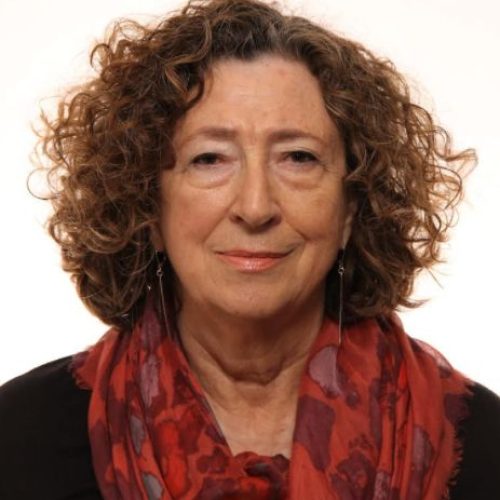
Professor Emeritus in the Lieberman Chair in Labor Law, in the Faculty of Law at the Hebrew University and serves as a full professor in the College of Management’s academic track, where she also serves as chair of the graduate program and as honorary president of the Concord Center for International Law Absorption. Radai was a member of a working group of the UN Human Rights Council on discrimination against women. In addition, she is a prominent and feminist human rights activist.
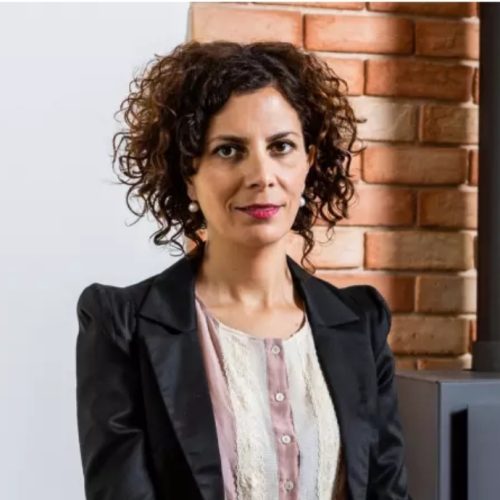
Dr. Rawia Aburabia
Faculty member of Sapir Academic College’s School of Law, received her PhD from the Hebrew University of Jerusalem. Her research deals with the interface between law, gender, minorities, and human rights. Has published in leading journals on the subject of the matrimonial laws pertaining to Muslim women in Israel. Her book Under the Law, Outside Justice: Polygamy, Gendered Citizenship, and Colonialism in Israeli Law is expected to be published as part of the Gender Series of Kibbutz Meuhad Publishing House.
Dr. Aburabia has extensive experience in international human rights and public law. She has worked as a jurist for the Association for Civil Right and has been invited as a specialist to address such international forums as the United Nations and the European Parliament on the subject of indigenous communities and minority rights. She has interned with Human Rights Watch in Washington DC, and has been a member of the executive board of Amnesty International. In 2018, she was selected by the magazine Globes as one of the 40 most promising young persons in Israel under the age of 40.
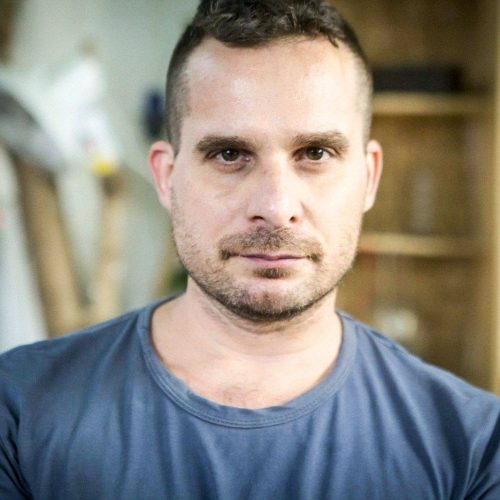
Ron Kessler
With over two decades of experience in the field of digital content, Ron has participated in numerous political and social campaigns. He helped run the digital activity of senior public officials, and worked in various NGOs. Ron is a fundamentally optimistic man, who believes that Israel can be changed and so can people. Lives in Tel Aviv.